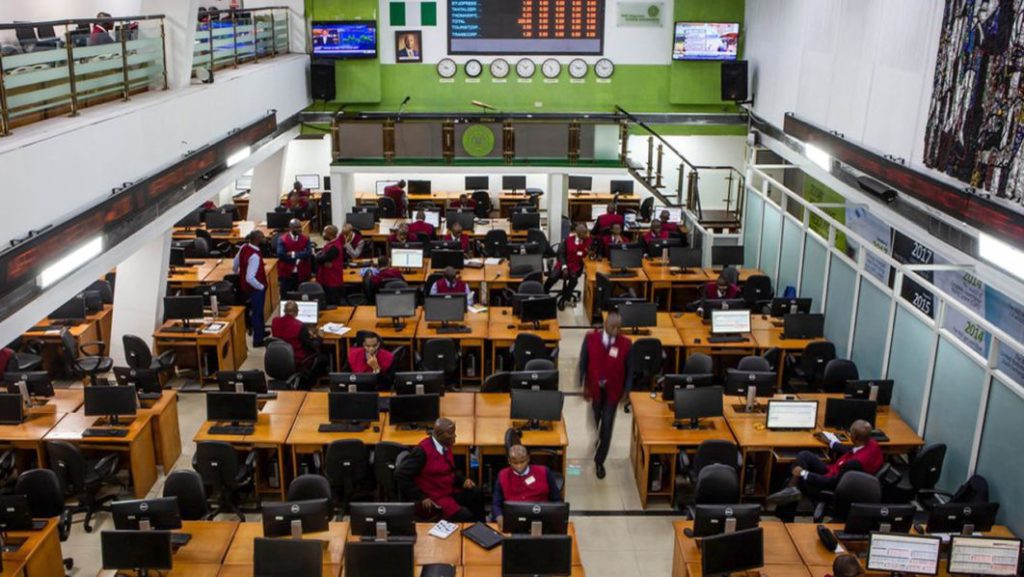The Nigerian stock market dropped by 0.40 percent as investors responded to the most recent Consumer Price Index data from the country’s statistics bureau.
When trading ended on Monday, the All-Share Index and the market capitalisation both decreased by 0.40 percent to 104,663.34 points and N59.18tn, respectively.
Experts at Arthur Stevens Asset Management Limited stated that the decline was a result of selling.
The National Bureau of Statistics revealed that the inflation rate for February 2024 increased to 31.70 percent from 29.90 percent in the previous month, marking a 9.79 percent rise from the 21.91 percent recorded in February 2023.
The food and core indices rose to 37.92 percent and 25.13 percent, respectively.
There were also multiple forecasts that inflation would continue to rise as the naira weakens against the dollar.
The manufacturing sector remains heavily dependent on imports and is facing increased supply chain disruptions due to ongoing insecurity.
Trading activities on the local stock market saw a significant increase despite the decline.
The number of deals surged by 40.58 percent to 9,077; volume increased by 32.34 percent to 287.45m, and the value of traded shares jumped by 115.75 percent to N10.8bn.
Market sentiment stayed positive with 27 gainers, led by ABC Transportation, NEM Insurance, and Livestock, which saw increases of 9.86 percent, 9.77 percent, and 9.68 percent, closing at N0.78, N7.30, and N1.30, respectively.
The number of losers totaled 17, led by McNichos, Daar Communications, and real estate firm UPDC with -9.30 percent, -8.97 percent, and -7.89 percent, respectively.
The leading volume and value drivers of the day’s market trend were United Bank for Africa, Guaranty Trust Holding Company, and Transcorp.
Banking stocks dominated the trades in terms of volume, led by UBA, GTCO, Zenith Bank, FBN Holdings, and AccessCorp.



